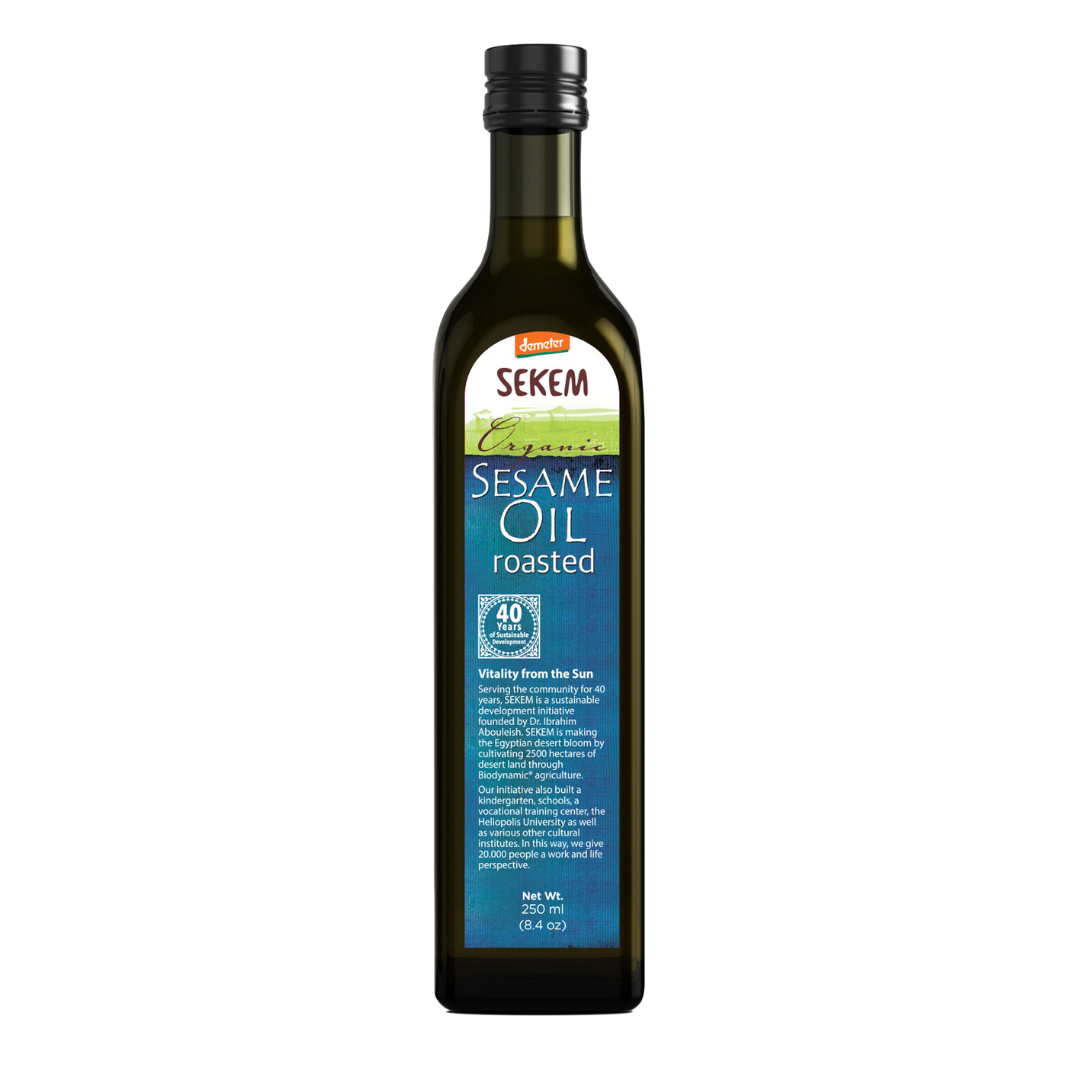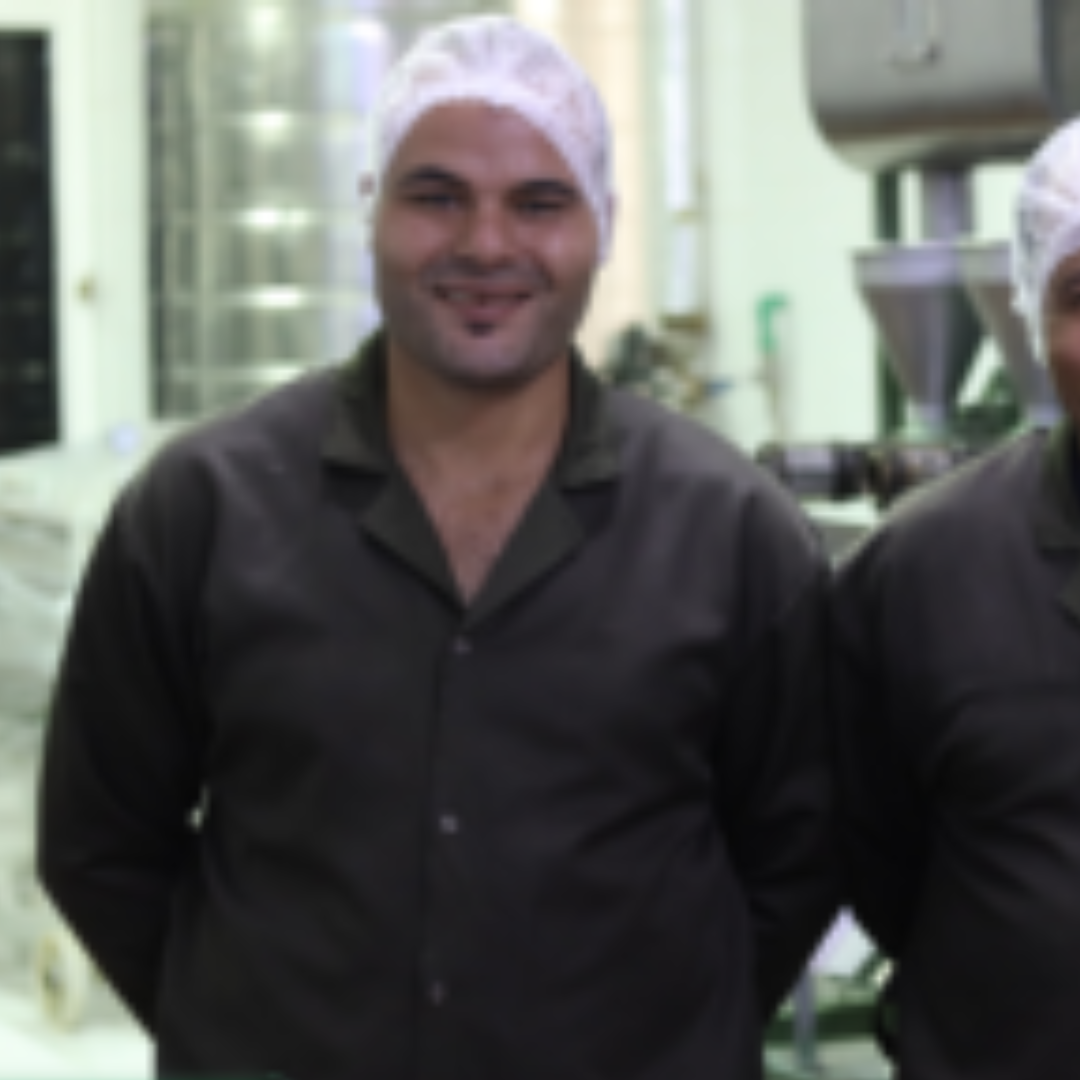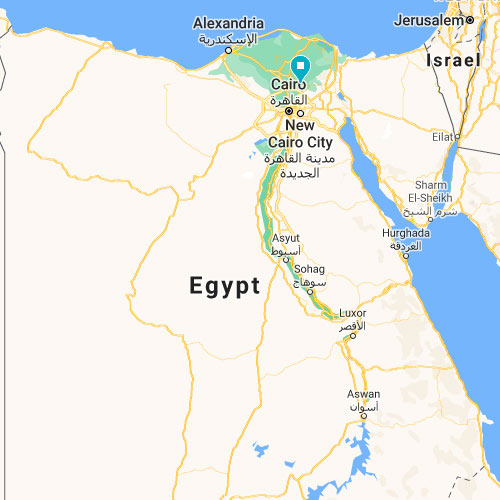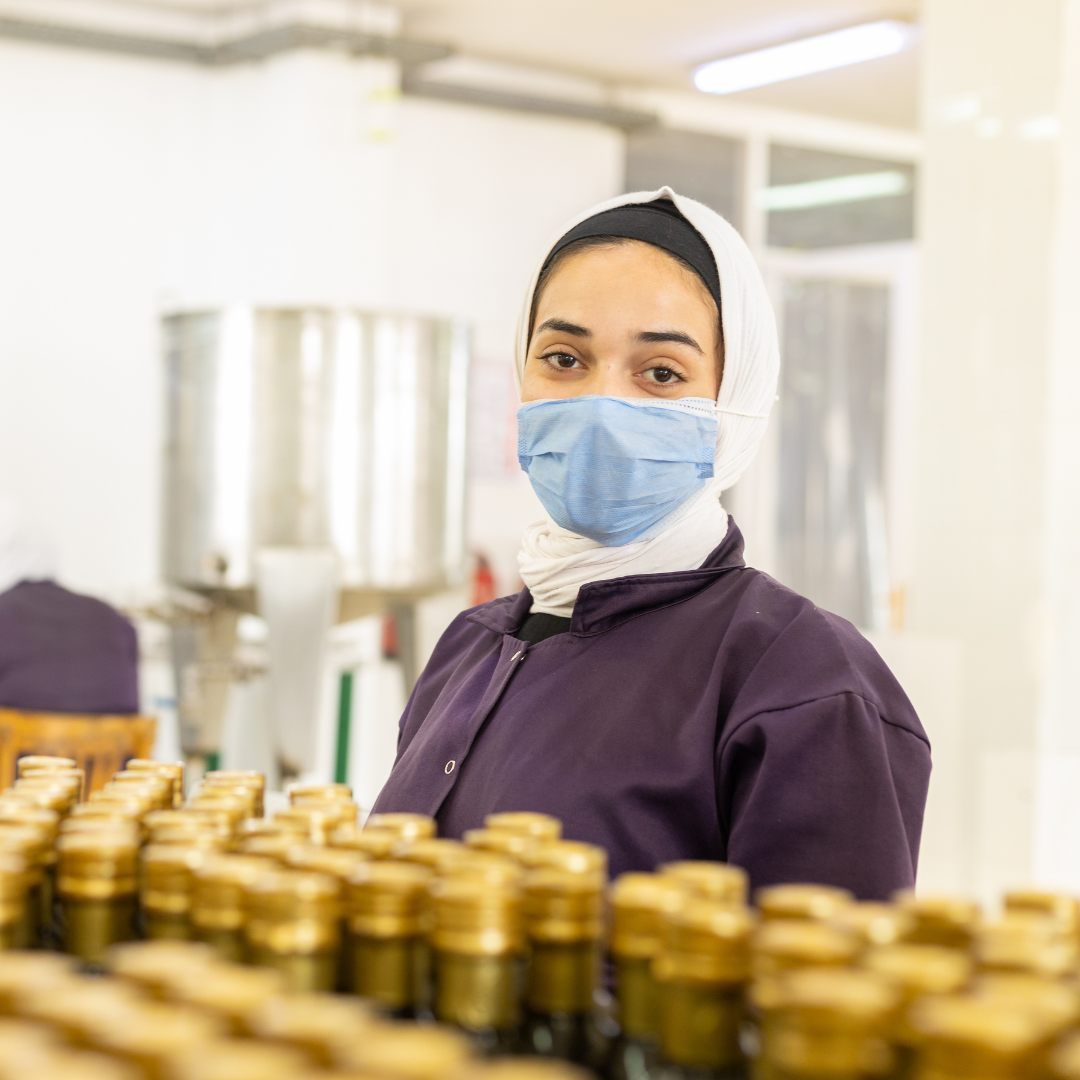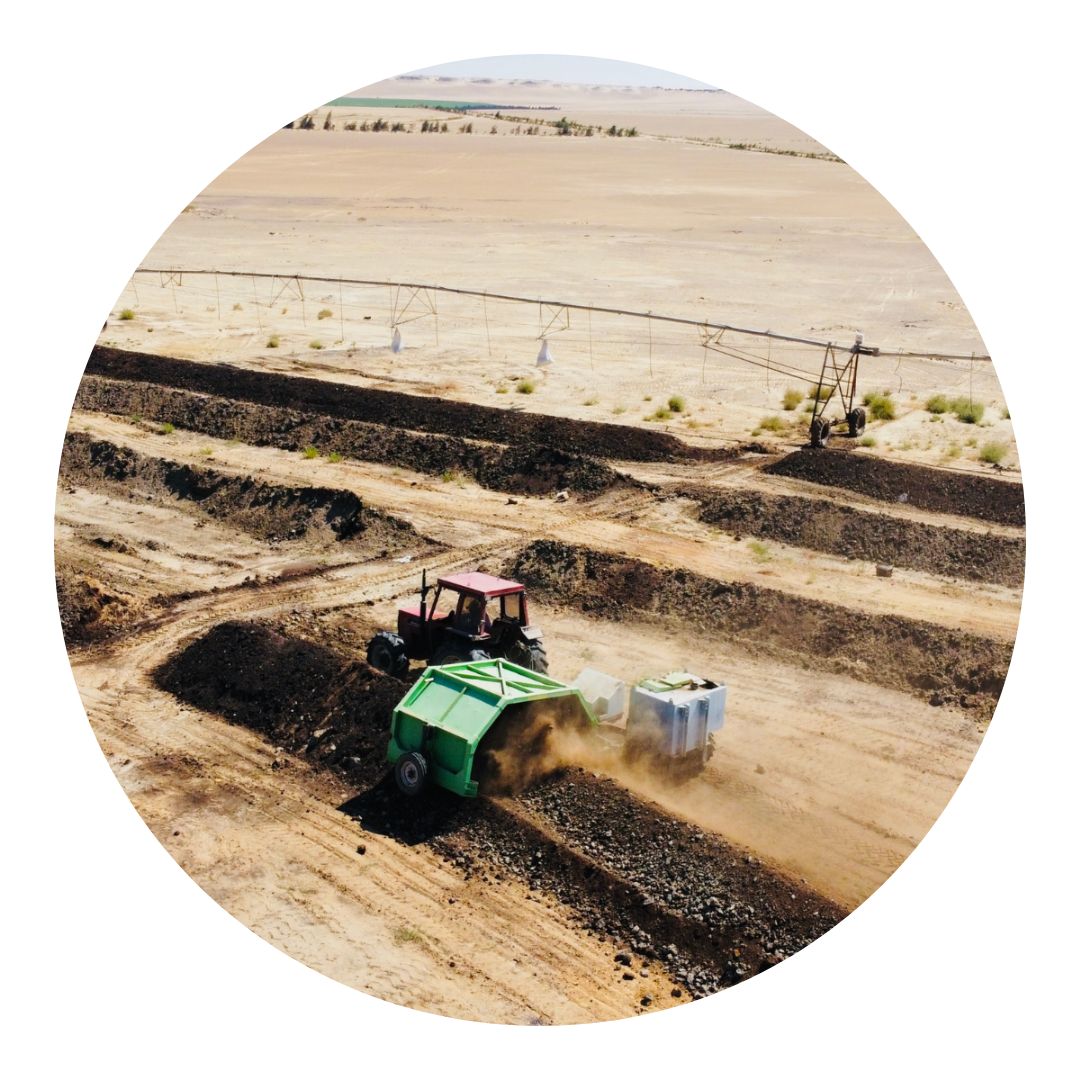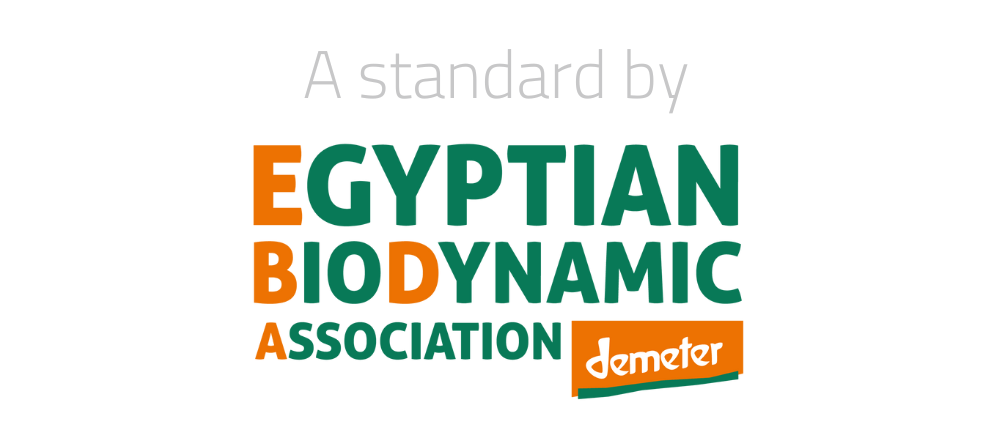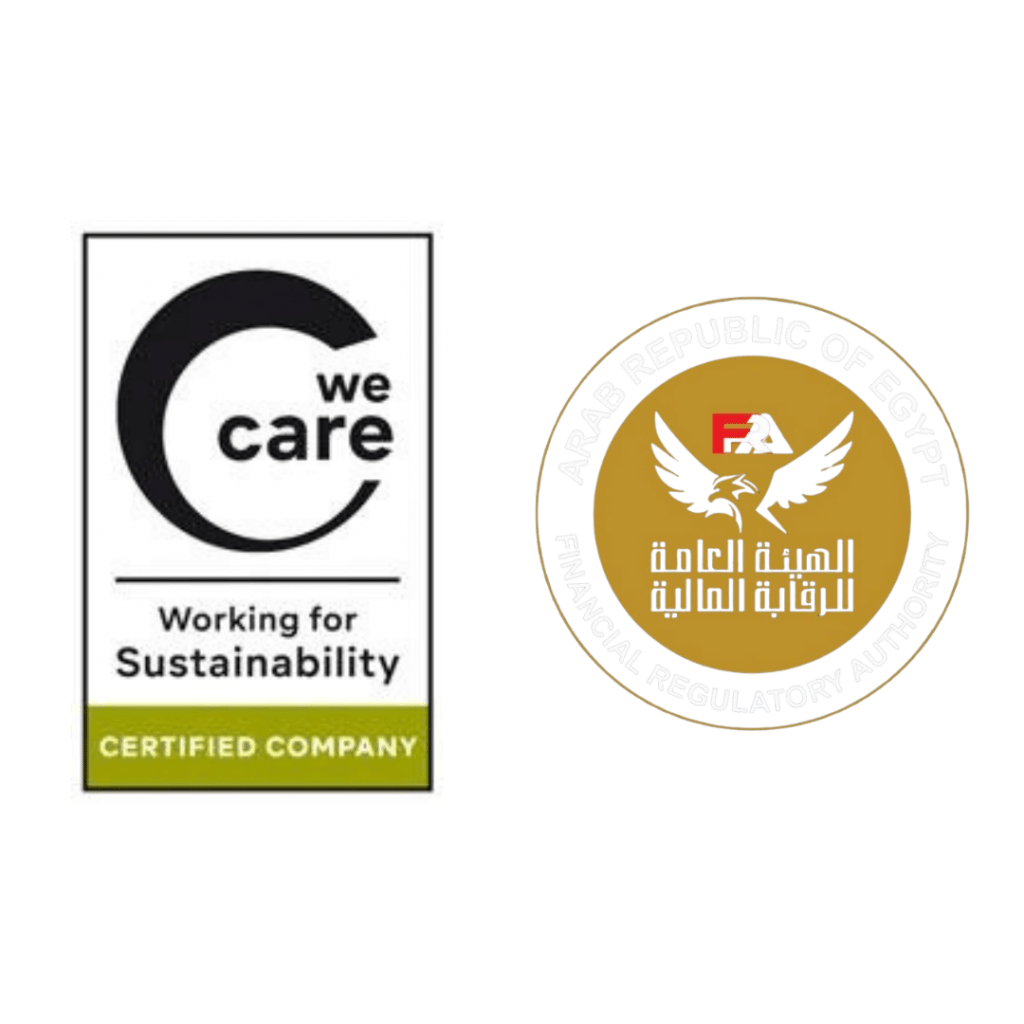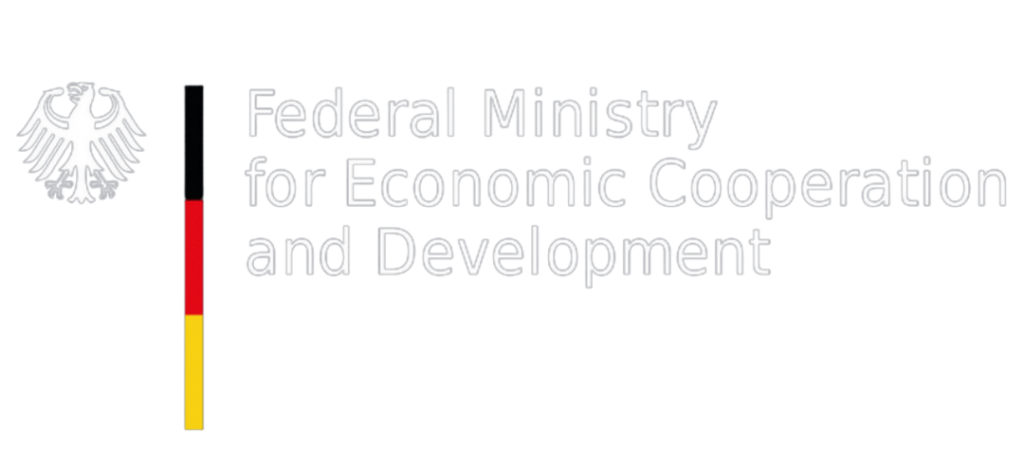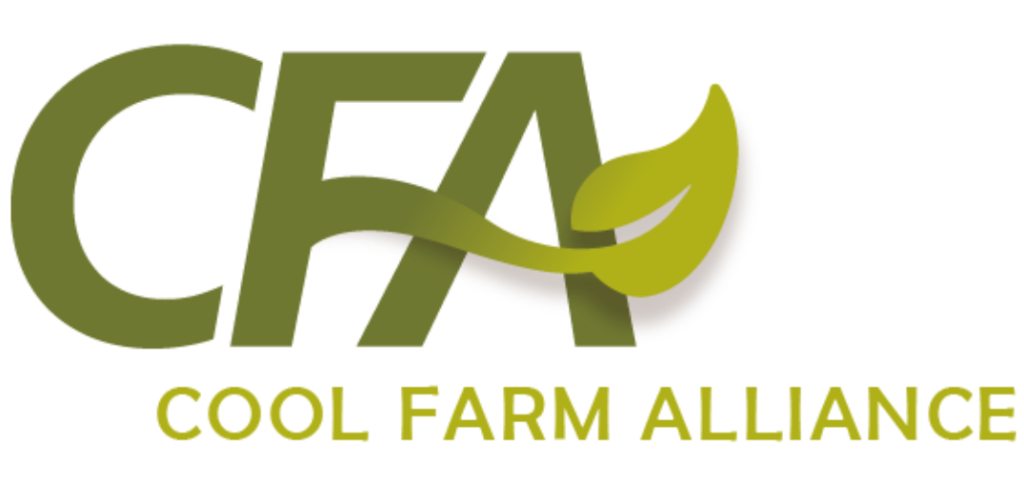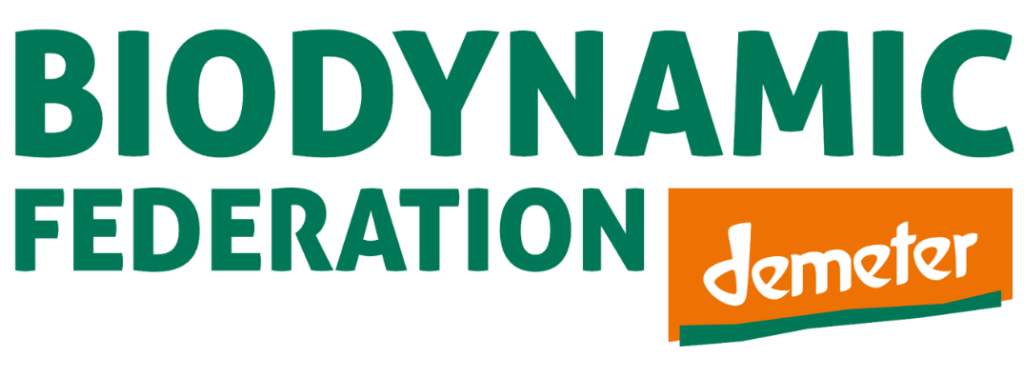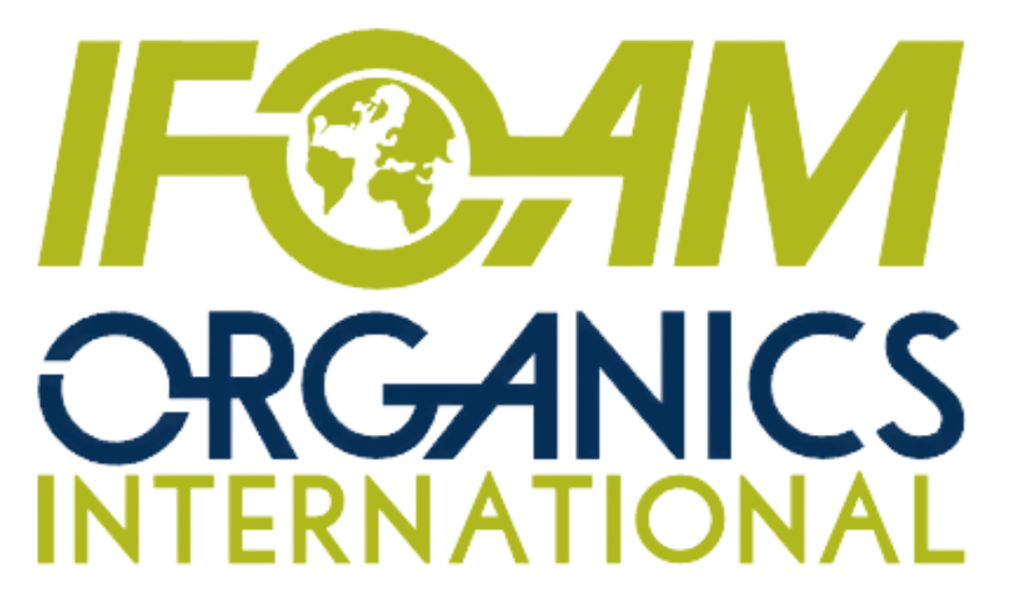Traceback your Sesame oil
and explore your
impact on people
& the environment
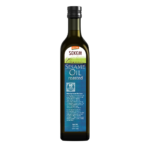
Creating a
FAIR ECONOMY
$ 12,326
are invested in supporting the small farmers of EoL in carbon sequestration and avoidance practices.
Creating a
FAIR SOCIETY
100%
of full-time employees in Sekem who worked to produce this product receive health insurance and safe working conditions.
Life Long Learning &
WELLBEING
10%
of the working time in Sekem is dedicated to art and self-development activities; to promote wellbeing and happiness at work.
Protecting the
ENVIRONMENT
100%
of the people who worked to produce this product throughout the supply chain receive ecological awareness trainings.
Farming
This sesame originated in Egypt, in multiple locations along the Nile delta like Fayoum, Minia, Aswan, and more. It grows on Demeter and organic certified farms, following the holistic principles of Economy of Love and the highest form of organic agriculture known as biodynamic, providing the highest quality products and enriches biodiversity.
The farms are treated as a whole organism in which each element of the farm contribute to its well-being. Plant waste and animal manure are treated into compost that boosts the regenerative ability of the soil and humus formation.
The sesame is cultivated in alignment with the cosmic calendar, which puts it in total harmony with the soil and the cosmic forces.
Economy of Love helps the farmers generate more income with the monetization of carbon sequestration and avoidance, through the EoL Carbon Credits.
Meet The Farmers
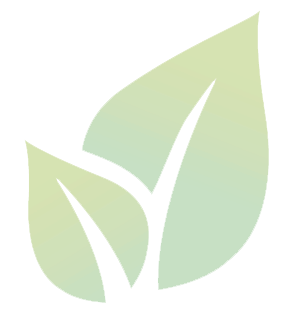
get to the source of production
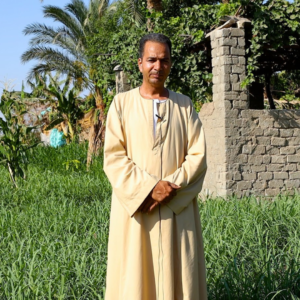
Mahmoud
Farmer in Fayoum Oasis, Egypt
Mahmoud Rabea has two Demeter-certified farms: Mahmoud Rabie and El-Manashee Farms, in Fayoum. He’s been growing biodynamic sesame along with other crops since 2003. Mahmoud believes that an Economy of Love is what builds trust between him and the customer with transparency.
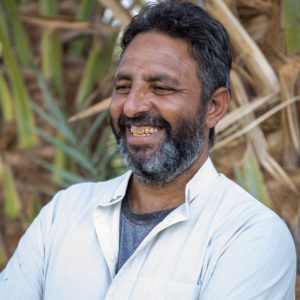
Saber
Farmer in Aswan, Egypt
Saber Mahrous has his biodynamic farmland called Basateen Aswan, in Wadi El-Nokra, close to the city of Aswan in Upper Egypt.
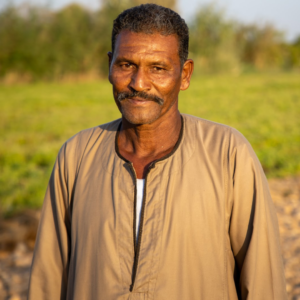
Abdeldaem
Farmer in Aswan, Egypt
Abd-El Dayem is the owner of El-Mostafa Farm, his family’s farmland. He is considered as a pioneer in his village and is active in convincing and supporting his neighbours and friends to adopt sustainable agriculture on their lands.
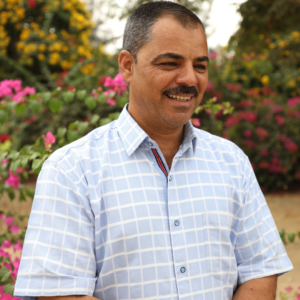
Tarek
Farmer in Giza, Egypt
Tarek Waheed is one of the pioneers in converting to biodynamic agriculture. He started back in 1997 by certifying his farmland, called El-Gezerah, Demeter and is staying ahead of the game by certifying his farm EoL.
Processing
After the harvest, the sesame arrives at iSiS organic food company where they get a sample tested to ensure that the quality is according to the standards of both Demeter and organic. The sesame is first cleaned from impurities, then roasted, left to cool down and is ready to be cold-pressed and filtered to produce the oil.
Using cold pressing techniques allows for less energy usage as it doesn’t require heat or the use of chemical solvents.
Barely any waste is left after the oil extraction process. The seed residue is used to make animal feed and compost production, which are used on the Sekem Adlya farm, close to the isis factory.
The factory workers receive medical care that is readily available to them from the medical center located next to the factory.
Packaging
Now after the sesame oil is filtered, it arrives at the packaging department to be poured into glass bottles, after which it gets sealed with a metal top, a plastic cover and a Sekem label sticker and it is ready to go.
The factory ensures the optimal usage of the oil during the packaging process with minimal waste produced, where the wasted oil is collected and used.
Since its foundation, the iSiS factory has implemented the Core Program which enables all factory employees to engage in courses of art, acting, music, geography, and many more to promote happiness at work.
In addition to the Core Program, iSiS started implementing the EoL EDU program, across the company to give employees the feeling they are part of a community striving towards creating safer work environments, a sustainability mindset and space for wellbeing.
Packaging Material
The Sesame oil could be responsibly grown and processed, but its packaging material and the companies from which they are sourced do also have a huge impact on the products’ lifetime, and cannot be neglected.
The oil bottles are made from glass, which is energy-intensive, where the process of shaping the glass uses a lot of combustion energy resulting in Co2 emissions that iSiS do not account for.
The sticker label on the bottles is made of FSC certified materials.
The tops that seal the bottles are made from metal and the cover on top is made from plastic, which is not accounted for by the iSiS factory when offsetting their emissions.
Distribution
The bottles of sesame oil are now ready to be distributed directly to your home, local shops, or overseas.
iSiS always opts for sea freight and only makes the decision to use air freight on the rare occasion that a client orders a small amount that can not be transported by sea.
Distribution process is under the supervision of iSiS to ensure the selection of the shipping cars to be cleaned and qualified for the process.
Drivers receive health consultancies from SEKEM medical center located near the factory to make sure that they monitor their health to reduce any work strains.
Meet The Employees

have a look, who processed, packaged and distributed your product
Marwa
Quality Manager in iSiS
Marwa has been working in the iSiS factory for more than 8 years. Together with her husband and two children, she lives on the SEKEM farm.
Nour
Factory Engineer at iSiS
Nour Hassan lives with her family in Kafr Ayoub located near Belbies. She is responsible for packaging the oils and different products.
Ahmed
Factory Engineer in iSiS
Ahmed Saeed lives in Galvina near the iSiS factory. He’s been working with SEKEM for 6 years now, as part of the production team.
Abdallah
Distributor in SEKEM
Abdallah has been an employee in SEKEM for over five years. He is responsible to distribute the finished products to stores all over Cairo.
What is the True Price?

Are there hidden costs that the price doesn't reflect?
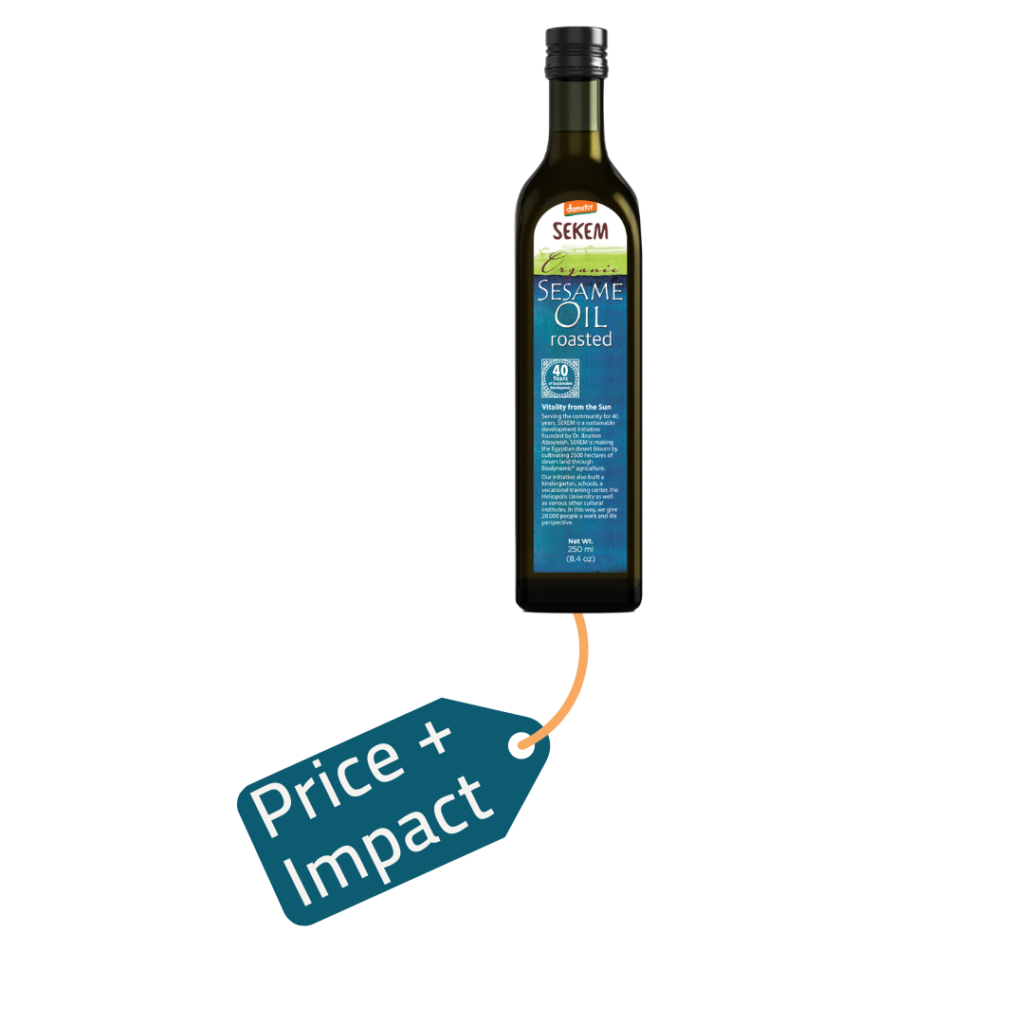
True Price Comparision
Sustainably & ethically produced products add value to society. However, when comparing prices, we don’t take into account the long-term impact of the product. For example, since the sustainable agricultural practices of cultivating this sesame is sequestering Co2e it is actually saving up future damage cost that you’ll eventually pay for. This means that it is cheaper than products that emit Co2e, but so often the price tag doesn’t reflect that.
We encourage you to compare products based on their true price; the price that reflects the hidden costs that you and future generations eventually pay for.

Indirect Costs include:
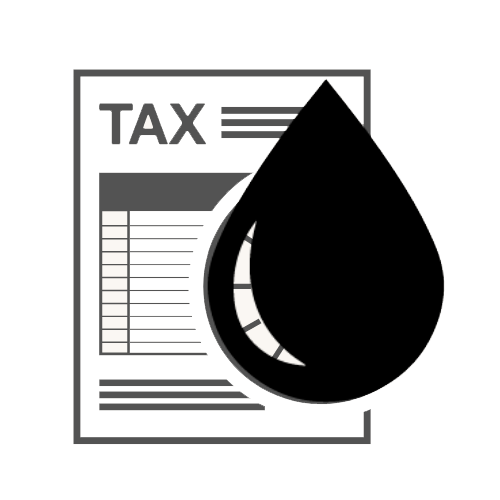
WATER
REPROCESSING COST
Society is paying taxes to clean water sources from agriculture’s chemical fertilizers, pesticides, and herbicides, as well as the irresponsible disposal of wastewater from factories, in order to make it usable/drinkable water.

HEALTH COSTS
The use of pesticides in agriculture eventually affects the human body and therefore increases medical treatment costs.
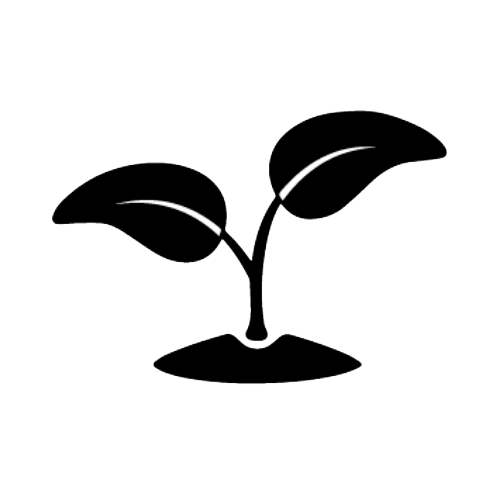
ENVIRONMENTAL
DAMAGE
Society has to bear the long-term cost caused by disruptive agriculture e.g. soil erosion, desertification, and loss of biodiversity.
Locations
Check out the locations of all the farms, companies who were involved in making this product!
discover the origin of your product
El-Zahwien
Abdalah Saad 1
El-Gezerah
Eraky
Mahmoud Rabie
El-Feky
El-Gazera
Abou Hamad 4
El-Asaal
El-Manashee
Somosta
Abdel Azeem 2
Ewees
Hasan
El-Rouby
Sekem Minia
Bahgat
Abdalah
Fathy
Salah
Shoulkam
Ashny
Abd El-Ghaffar
Bani Oday
Manfalout
El-Baraka
El-Fangary
Abd El-Maksod
Basateen Aswan
El-Mostafa
We hope this information helped you Choose Your Impact!
And make mindful purchasing decisions that leave a positive impact on people and the environment
Interested to know more about the companies above? Click here to download the SEKEM Sustainability Report

